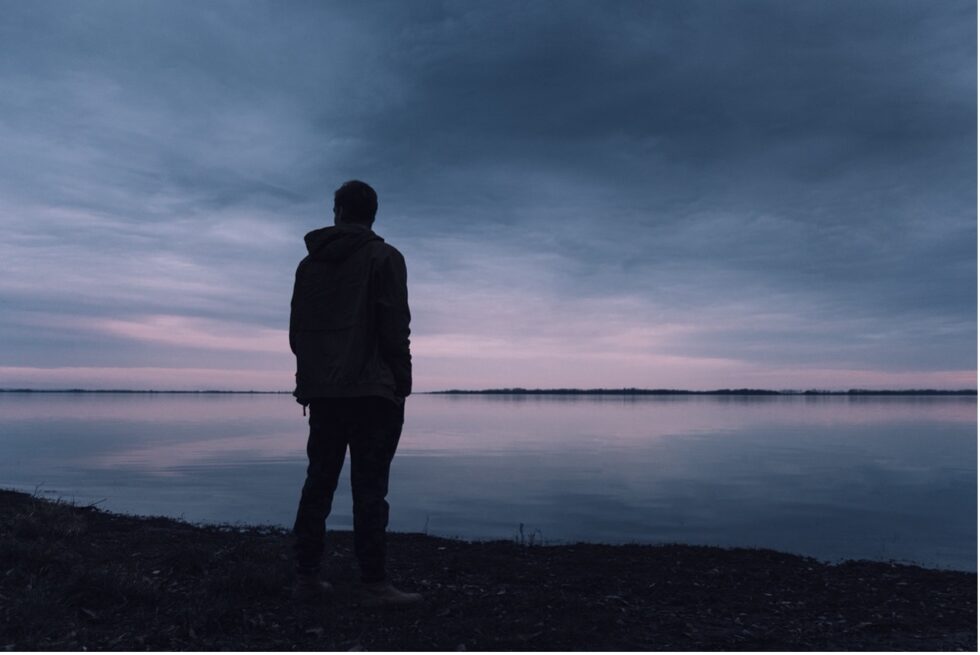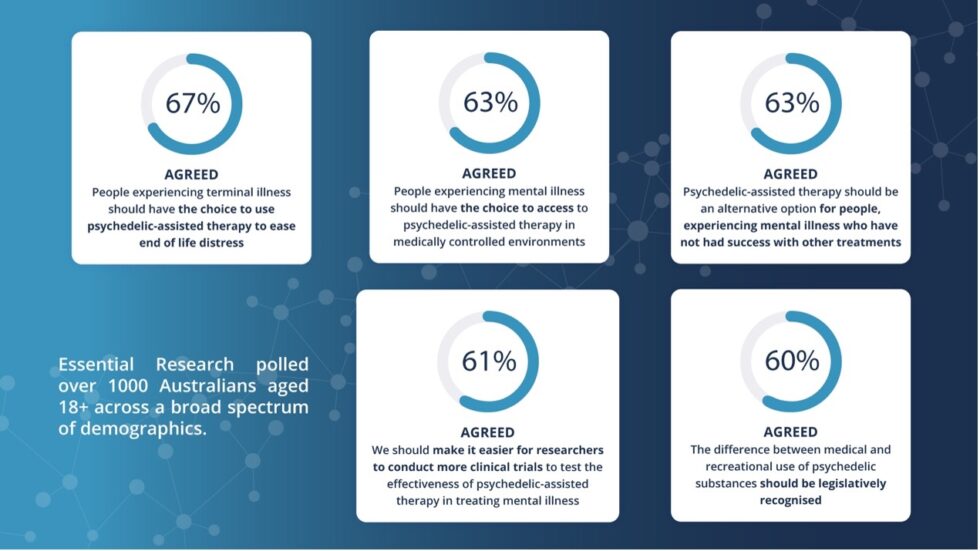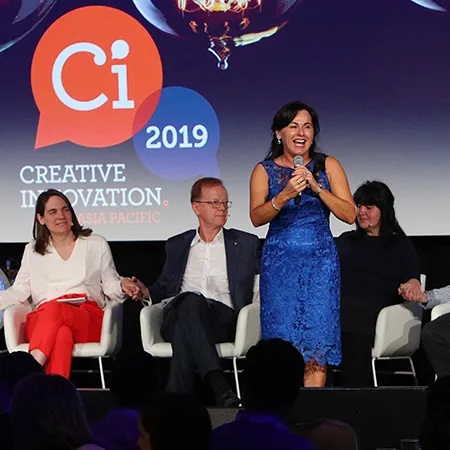Written by Scott Leckie and Tania de Jong
(As published in The Daily Telegraph on 16th February 2022)
The painful COVID-era will fade but it will never be forgotten. This unanticipated period will be remembered for many things – death, suffering, economic and social disruptions and words like lockdown, iso, quarantine, social distancing, Zoom, omicron…
But beyond changes in the way we live and communicate, it is the devastating toll on our mental health that will continue for generations to come. Depression, anxiety, trauma, suicide, addiction, loss of livelihoods, domestic violence and broken families are increasing. We have never felt more isolated, alone and uncertain about our futures.
Our families and communities are suffering, and we urgently need access to preventative and curative medicines and medical care that is safe and effective.

Mental health charity Mind Medicine Australia recently commissioned Essential Research to conduct a representative opinion poll of more than 1,000 Australians. It found that only a small minority was aware of the immense promise of psychedelic-assisted therapy, with just 11% of those asked aware of the medicinal properties of these substances and their potential use in controlled settings. This is despite over 160 recent studies by some of the most prestigious research institutions – Johns Hopkins University, Imperial College London, Oxford, Yale to name but a few – clearly showing the quantifiably positive impacts that these substances can have when used as medicines in combination with therapy, under the guidance of trained doctors and therapists in a clinical environment.
These ground-breaking treatments offer therapeutic access to either psilocybin (the active ingredient in ‘magic mushrooms’) or MDMA, a synthetic medicine. These therapies have been scientifically proven to be safe, non-addictive and effective cures for depression, trauma, end-of-life anxiety and addictions after a short treatment program. Remission rates range between 60-80% with no serious adverse events.
Both medicines have been granted Breakthrough Therapy Status by the Food and Drug Administration (FDA) in the United States to fast-track their approval. This designation is only given to medicines that may prove to be vastly superior to existing treatments.
Although the recent poll showed that only one in nine Australians was aware of these impacts, when they were informed about the results of recent studies, their views changed dramatically towards supporting access to these promising medicines that remain illegal under Australian law. 67% agreed that ‘People experiencing terminal illness should have the choice to use psychedelic-assisted therapy to ease end of life distress’, 63% agreed ‘People experiencing mental illness should have the choice to access them in medically-controlled environments and as an alternative option for treatment-resistant patients’’, and 60% agreed ‘The difference between medical and recreational use of psychedelic substances should be legislatively recognised’.

Trials are underway in Australia and the demand for these therapies is accelerating rapidly. As ever more legal jurisdictions legalise, decriminalise or otherwise tolerate these substances – Oregon, Washington DC, Jamaica, Canada, the Netherlands and elsewhere – support will grow further. Given our publicly funded health care system, mental health epidemic and human right to access to all forms of safe and effective medicine, huge majorities rightly believe that people should not be prevented from legally accessing medicines in therapeutic settings that can help them in ways that no other pre-existing medicines can.
An official decision by the Therapeutic Goods Authority last year refused to reschedule both psilocybin and MDMA as Controlled Medicines (Schedule 8). This rescheduling would make it easier for doctors to access these therapies in clinical environments for treatment-resistant patients through our Special Access pathways. If these legislative changes continue to be delayed, many more desperate people will seek the treatments underground. Everyone deserves the chance to get well.
A new international campaign on the Right to Universal Access to Safe and Effective Medicine is now underway seeking support for a declaration to this effect, while another initiative is seeking the international rescheduling of psilocybin under the UN drug control regime. There is a growing global movement and a trillion dollar market is emerging. Continuing the status quo not only makes little sense in terms of public health but it is also cruel. There is increasing awareness that help is available, yet these treatments are being withheld even though existing medicines don’t work for the majority.
Arguably, continuing to deny access to these medicines is also a clear human rights violation. Refusing and making illegal therapeutic access to safe medicines with a proven effect violates a whole range of internationally recognised human rights, including the right to the highest attainable level of physical and mental health, the right to access all forms of safe and effective medicines, the right to access pain medication, the right to dignity of the human person, and even the right to be free from inhumane, cruel or degrading treatment or punishment.
The COVID-19 pandemic has reminded us that we all deserve access to high quality treatment. As the pandemic becomes endemic, let’s turn our collective minds to ensuring that everyone everywhere has access to each safe and effective medicine. Medicines that are non-addictive, non-toxic, voluntarily taken, administered by trained medical professionals and implemented lawfully, without the threat of sanction for either the patient or the doctor involved.
This issue is not only relevant to conservative, progressive or ecological voters. It is personal because an estimated 50% of us will experience a mental illness in our lifetime. The people are ready and support change. It’s time for the politicians, political parties and all our Governments to follow suit and act with urgency to avoid further avoidable suffering and suicide.
Scott Leckie is an international human rights lawyer. Tania de Jong AM is speaker and award-winning social entrepreneur, philanthropist and Executive Director of Mind Medicine Australia.





